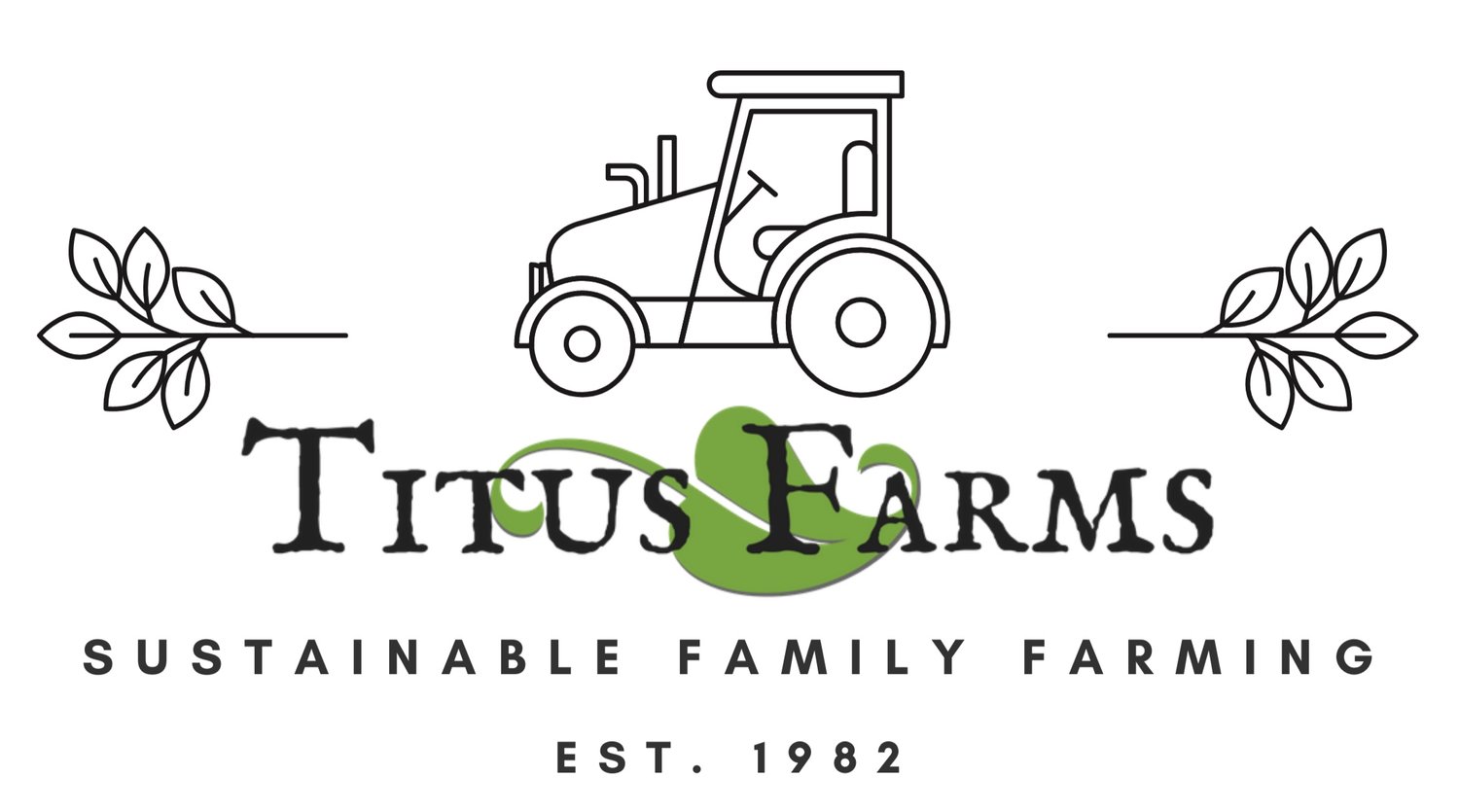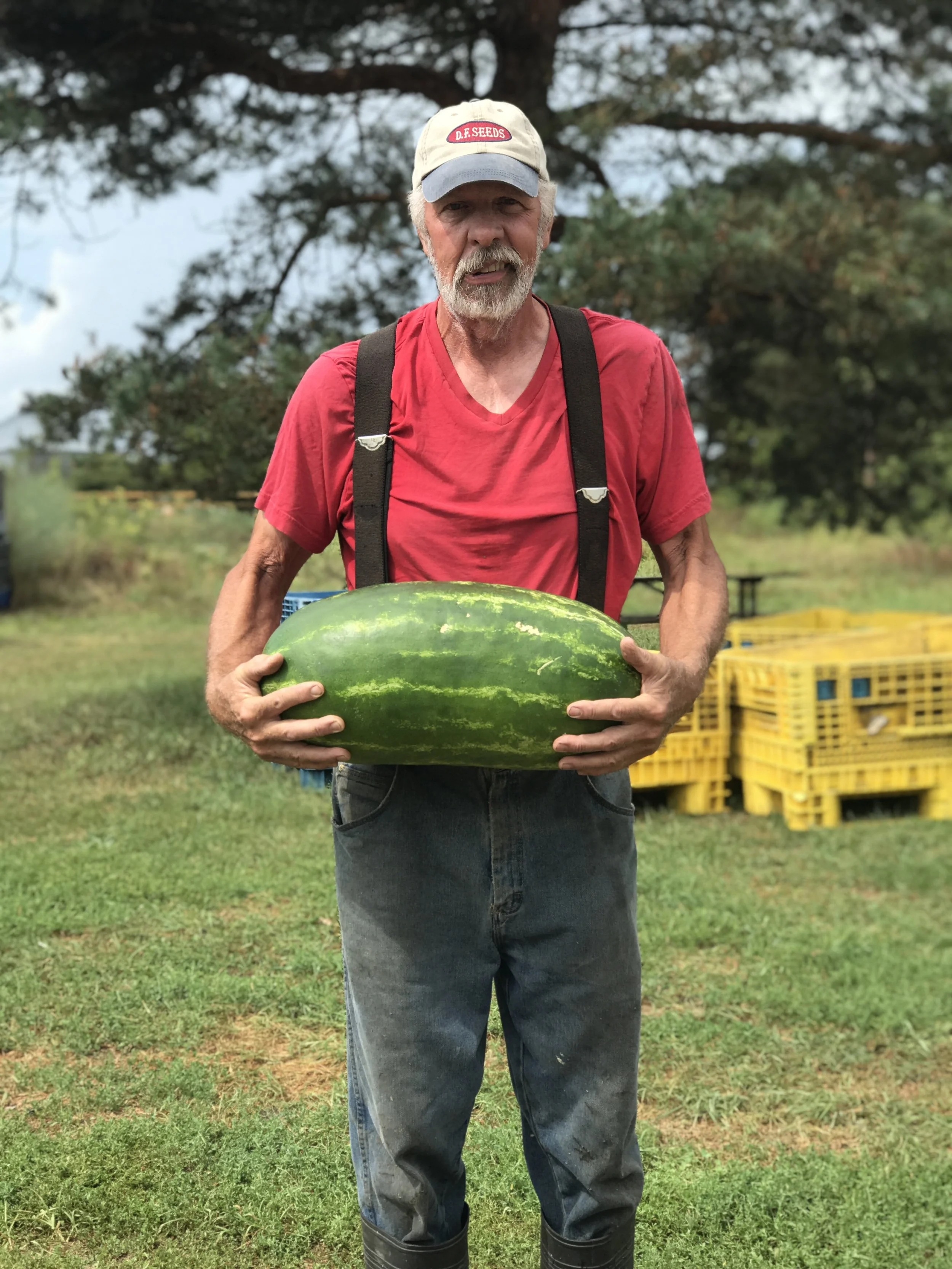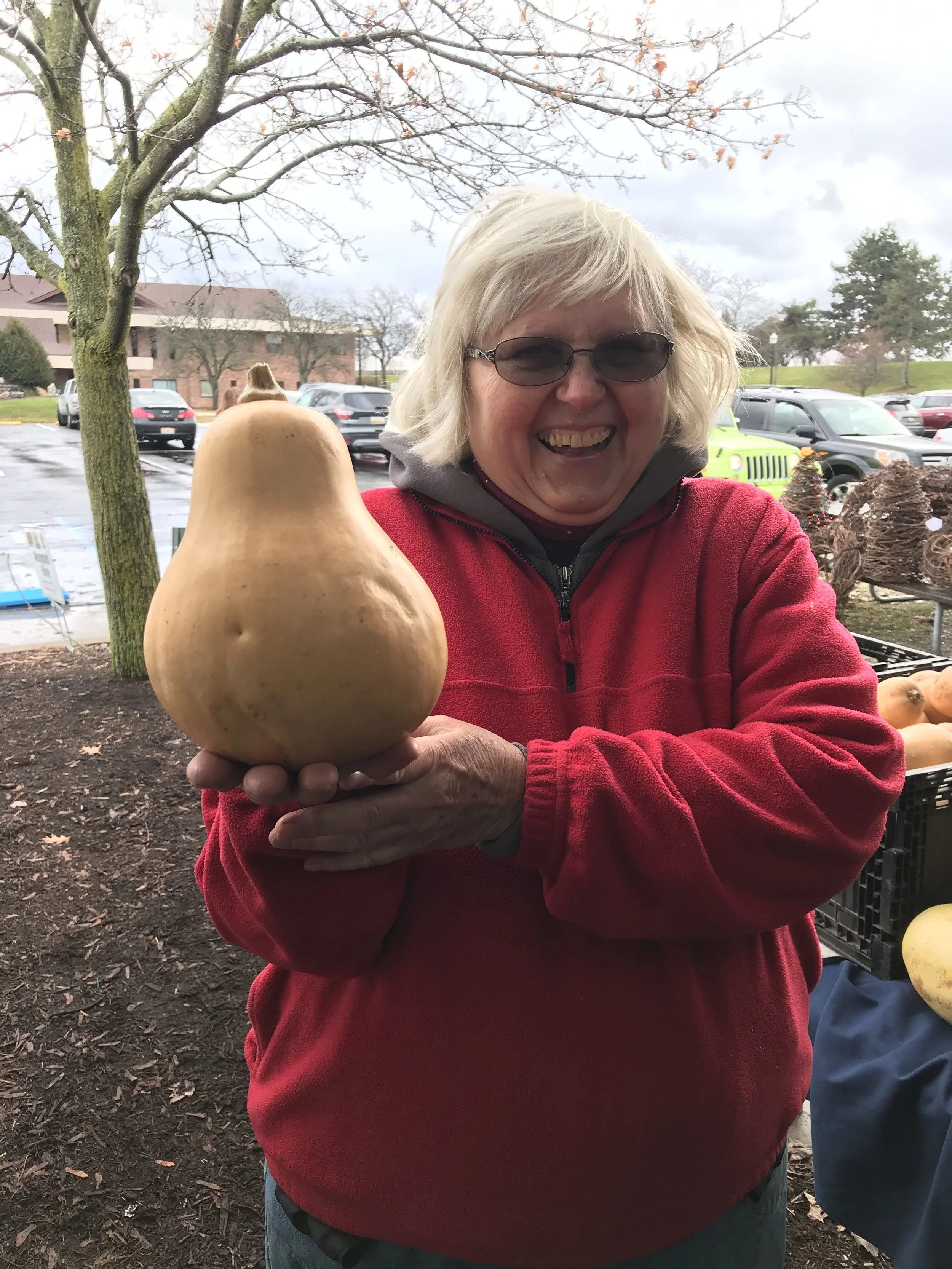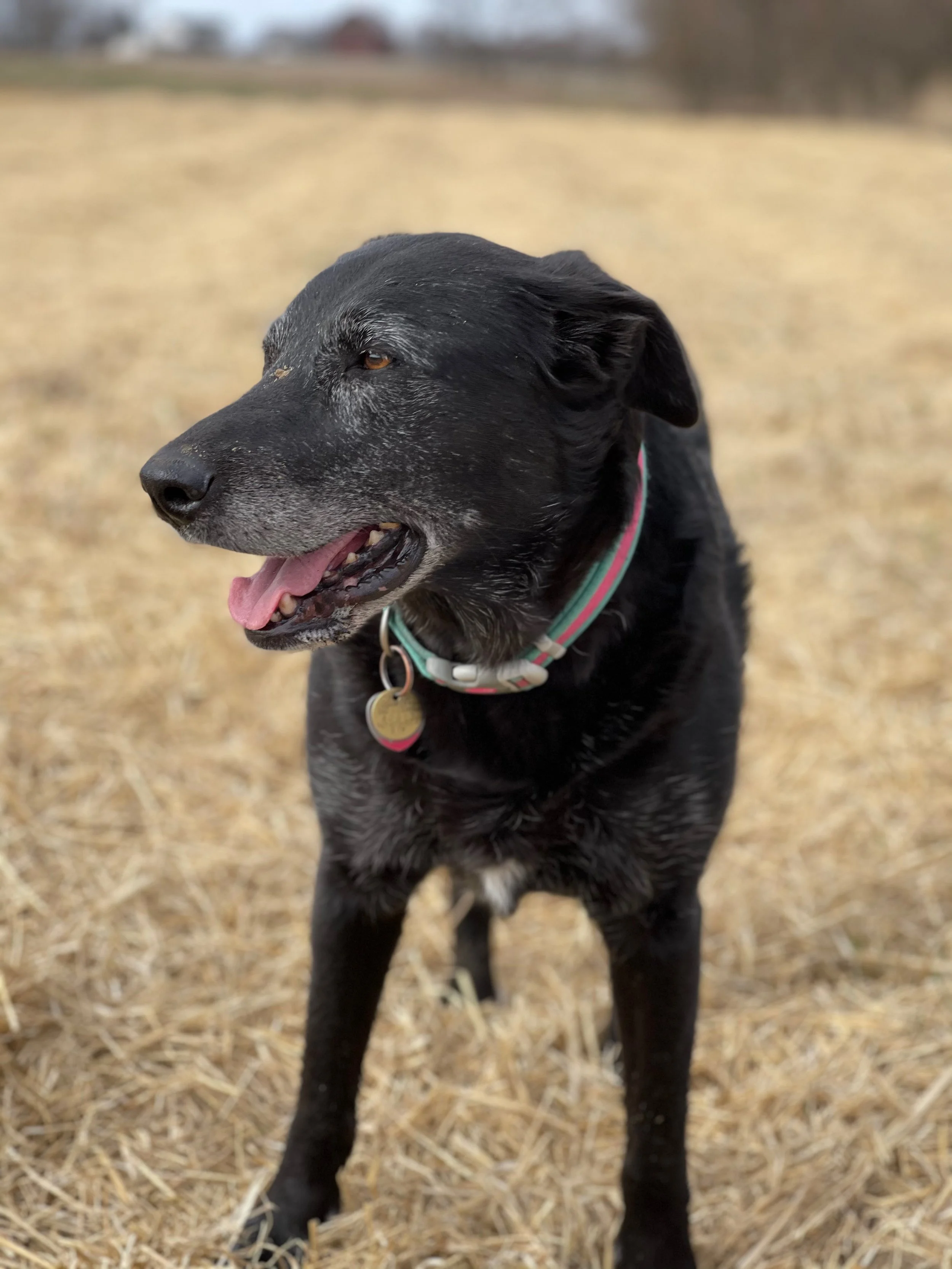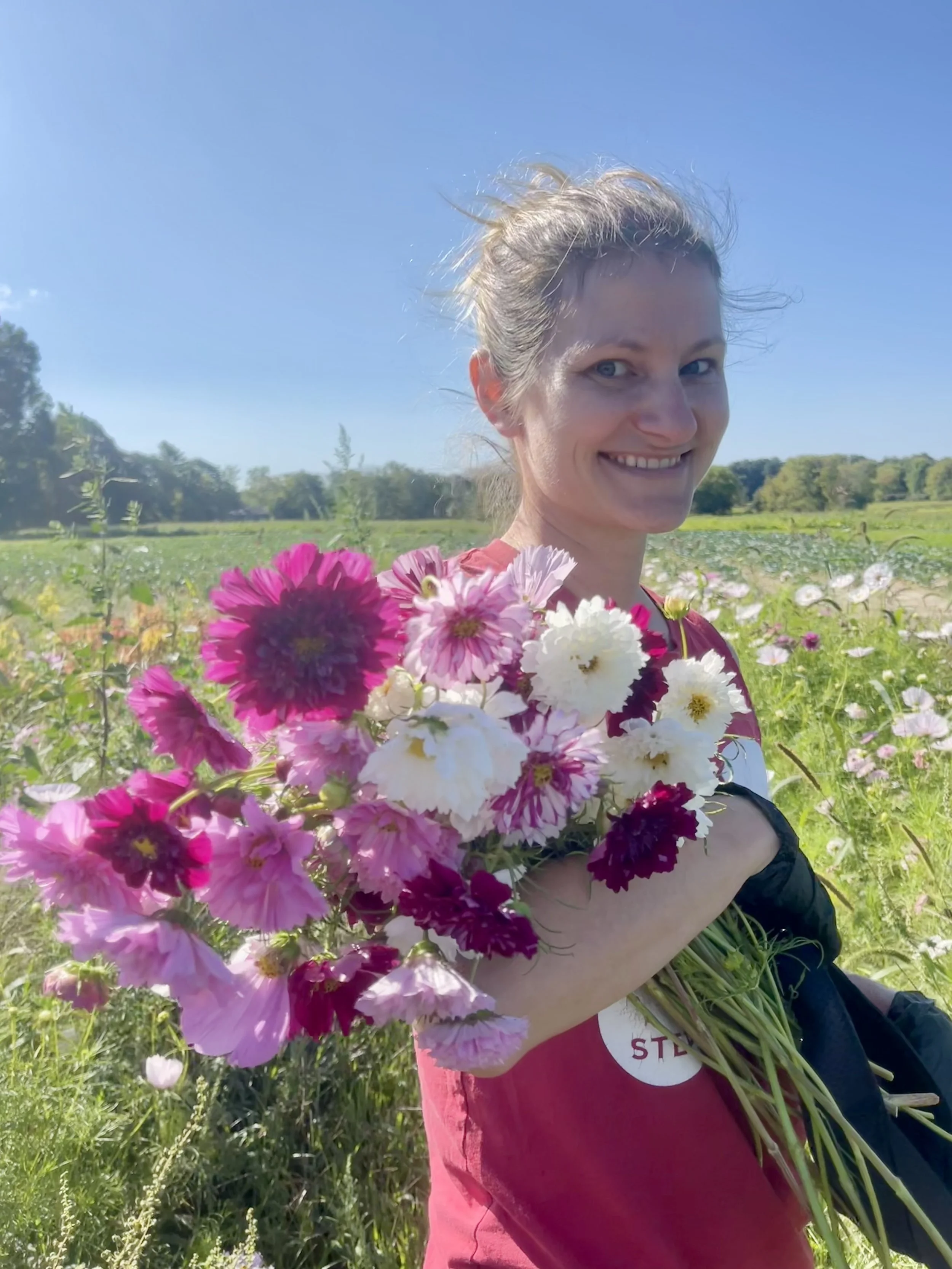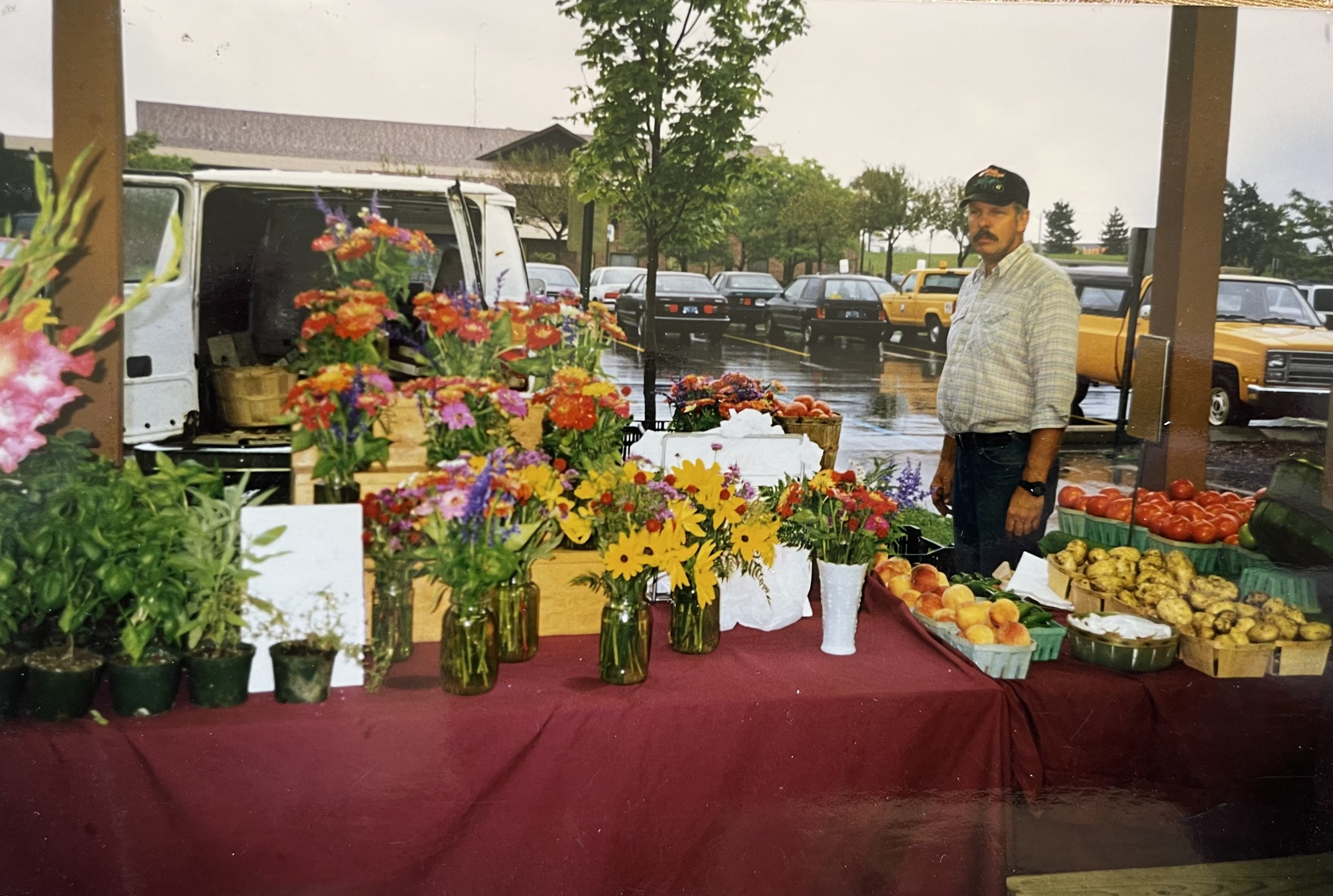
About Your Farm[ers]
Our farm practices at-a-glance:
We use organic practices but are not certified organic.
Titus Farms occupies the ancestral, traditional, and contemporary lands of the Anishinaabeg – Three Fires Confederacy of Ojibwe, Odawa, and Potawatomi peoples. The farm resides on land ceded in the 1807 Treaty of Detroit.
Meet the Farm-ily
Our Farm Philosophy
Taste and sustainability are our guides.
Maintaining a high quality for our products by reducing the time between when we harvest and when you eat is key. By using unique varieties of vegetables that cherish lost tastes, we also keep our taste buds and tummies happy.
Respecting that we grow good, whole foods that feed your family and ours drives us.
Your food is raised using sustainable, organic methods:
Using compost and natural fertilizers helps keep the soil healthy and productive.
Hoeing and hand-weeding keep us busy and the land free of herbicides.
Tending to bees and preserving the natural habitat around our farm are important parts of maintaining a healthy ecosystem and our planet.
Keeping our land healthy for generations and our role as stewards of the soil is our highest priority.
About “Chemicals” and our love of Science:
Organic does not mean no chemicals. Nature does not always work harmoniously with everything we do, and sometimes, it is necessary to use OMRI-approved products on our farm. The science of chemicals has progressed a great deal for organic farms!
These pesticides, herbicides, and fungicides are never petroleum-based and generally do not subsist in the environment. We apply them carefully and only as needed.
Organic farms widely use chemicals safely, and many are plant or microorganism-based.
Our Founding
Titus Farms was started in 1982 by Paul and Rose Titus. Both Paul and Rose grew up around Dansville, raising various animals and field crops as part of their respective family's farms. They also helped maintain a family vegetable garden, a mainstay for farming families.
Paul grew up wanting to be a farmer, but his family lacked land after his grandfather sold it during the Great Depression. The story passed down is that he did not want his sons to be farmers. His grandson had different plans!
Paul and Rose, both of Dansville, married in 1982 and started a life together on a small 20-acre parcel Rose had purchased by herself.
Paul tried raising traditional field crops on rented acreage, but the scale wasn't on his side. Then, while carrying Rebecca, Rose developed chemical sensitivities.
With their broad farming knowledge, they ventured into farming using only organic methods. Paul, always in need of a challenge, also began to dabble in growing vegetables. While they found an ever-increasing audience for the tasty vegetables the farm produced, they also enjoyed raising these non-traditional crops and rearing their daughter in this environment.
As the demand grew for their veggies and cut flowers, Paul and Rose expanded their acreage by renting land from friends, neighbors, and relatives. The main drive to continue farming was for their daughter, Rebecca, to whom they hoped to hand the operation one day.
CSA Pickup in 2007
CSA History
Rebecca started the Community Supported Agriculture (CSA) program when she was 19 and still studying at Michigan State University out of a financial need to keep the farm afloat. Read the full story here…
The first year started with three locations: Okemos, Lansing, and On the Farm. With a little over 50 members and a lot of support from MSU professors, the inaugural season of experimenting with numbers, systems, and logistics began.
Those first CSA members were crucial in helping to refine the CSA system and communications and, ultimately, in teaching their farmers how to serve them best. We made lots of mistakes and learned a lot!
In the second year (still using dial-up internet folks), the CSA expanded to around 100 members and stayed the same while we settled into this new role. Every year since we began, the CSA has expanded until 2009, when we reached 300 families.
During the pandemic we expanded our reach and ventured into home delivery.
